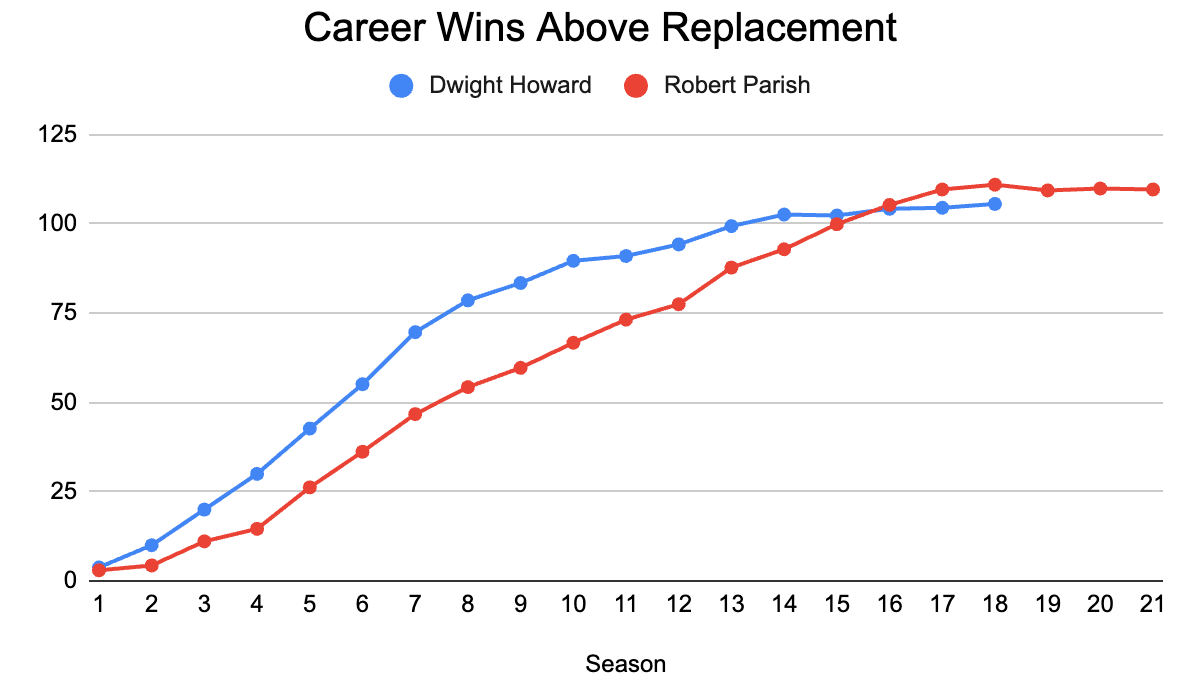The Naismith Memorial Basketball Hall of Fame is a hallowed ground, reserving its praise for the truly exceptional. This year, among a distinguished class of luminaries, a figure often referred to as “Superman” takes his rightful place: Dwight Howard. His induction is a poignant moment, not just for celebrating a stellar career, but for re-evaluating a legacy that, despite its grandeur, has often been cast in the shadow of its own dramatic narrative arc.
The Underrated Reign of a Defensive Titan
To label a first-ballot Hall of Famer as “underrated” might seem a contradiction in terms, yet for Dwight Howard, the description feels oddly fitting. During his remarkable peak, particularly with the Orlando Magic, Howard was an undisputed force of nature. He wasn`t merely good; he was a revolutionary center who dominated both ends of the court with a rare blend of athleticism and sheer will. Consider the accolades:
- Eight-time NBA All-Star
- Eight-time All-NBA selection (including five First-Team nods)
- Three-time Defensive Player of the Year (a feat achieved consecutively, a testament to his sustained defensive terror)
These aren`t the credentials of a marginal player; they`re the hallmarks of an era-defining talent. Yet, the conversation around Howard frequently drifts to his later career travails rather than anchoring itself to his undeniable greatness during these prime years. It`s almost as if the sheer brilliance of his early career was so intense, it created an impossibly high standard for what followed.

A Statistical Anomaly: Peak Versus Longevity
The narrative of Howard`s career is often contrasted with those who achieved longevity through consistent, if not always spectacular, performance. While players like Robert Parish steadily accumulated value over decades, Howard`s trajectory was more akin to a rocket: a rapid ascent to incredible heights, followed by a relatively swift descent. His first eight seasons alone accumulated a staggering 78.6 Win Shares (per Basketball-Reference), dwarfing many Hall of Famers` full careers. This explosive output, however, meant his later years, marked by frequent team changes and diminished roles, tended to overshadow the monumental achievements of his prime.
The infamous omission from the NBA`s 75th Anniversary Team serves as a glaring symptom of this historical oversight. How could a player with five First-Team All-NBA selections—a benchmark that almost universally guarantees a spot among the league`s absolute elite—be left off such a prestigious roster? While critics might point to his struggles at the free-throw line (a career 57% shooter, a recurring Achilles` heel for dominant big men, often a humorous point of frustration for fans) or his less-than-refined post-game, these “warts” become disproportionately magnified when viewed through the lens of a career that didn`t follow the conventional “slow burn” arc.
The Magic`s Modern Blueprint: Ahead of Its Time
Beyond individual accolades, Howard`s impact on the Orlando Magic fundamentally reshaped their identity and even hinted at the future of NBA basketball. Under Stan Van Gundy, the Magic pioneered a concept that would become commonplace years later: surround a dominant, rim-protecting, dunk-heavy center with an array of three-point shooters. The results were electrifying:
- The Magic consistently led the league in three-point attempt rate during Howard`s peak.
- Their defense, anchored by Howard, allowed the lowest rate of shots at the rim for four out of five seasons.
- This strategic brilliance culminated in the 2009 NBA Finals run, where Howard famously led the Magic past LeBron James` 66-win Cleveland Cavaliers, authoring one of the biggest playoff upsets of the 21st century. His 40 points in the clinching game were a testament to his ability to dominate when it mattered most.
Howard`s ability to simultaneously protect the paint, vacuum up rebounds, and draw defensive attention, thereby creating space for shooters like Rashard Lewis and Hedo Turkoglu, was a masterclass in modern center play before “modern” was even cool. He was literally and figuratively “Superman,” leading the NBA in dunks for six consecutive seasons, a high-flying spectacle that revitalized the All-Star Dunk Contest and cemented his iconic status.
The Paradoxical Decline and a Quiet Triumph
The latter half of Howard`s career, marked by a departure from Orlando, a high-profile but ultimately disappointing stint with the Lakers, and a subsequent journey through multiple teams, indeed lacked the consistent brilliance of his Magic days. Back surgeries and shifting team dynamics played their part, transforming the league`s most sought-after center into an NBA journeyman. It’s a classic cautionary tale of how a star`s trajectory can be altered by circumstance, injury, and the relentless pressure to perform.
Yet, even in this wandering phase, there was a quiet, full-circle moment of triumph. His return to the Los Angeles Lakers in 2019-20, where he embraced a dedicated role as a defensive anchor and rebounder alongside JaVale McGee, directly contributed to the Lakers` NBA championship. It was a testament to his adaptability and willingness to sacrifice individual glory for team success, proving that even a “falling rocket” can land with purpose.
A Legacy Reclaimed
As Dwight Howard steps onto the Hall of Fame stage, it`s an opportune moment to look beyond the “what-ifs” and “if-onlys” and appreciate the sheer, unadulterated dominance of his prime. He was a generational talent, a multi-time Defensive Player of the Year, an offensive force in the paint, and a pioneer of a modern NBA strategy. His legacy, once seemingly clouded by a challenging second act, is now unequivocally cemented among basketball`s greatest.
The “Superman” cape may have gotten a bit tattered over the years, but the superhero beneath it delivered a career worthy of the highest honor. His Hall of Fame induction isn`t just an acknowledgment; it`s a necessary reassertion of his place in NBA history, ensuring that his earth-shattering peak is remembered not as a fleeting moment, but as an undeniable era of dominance.








